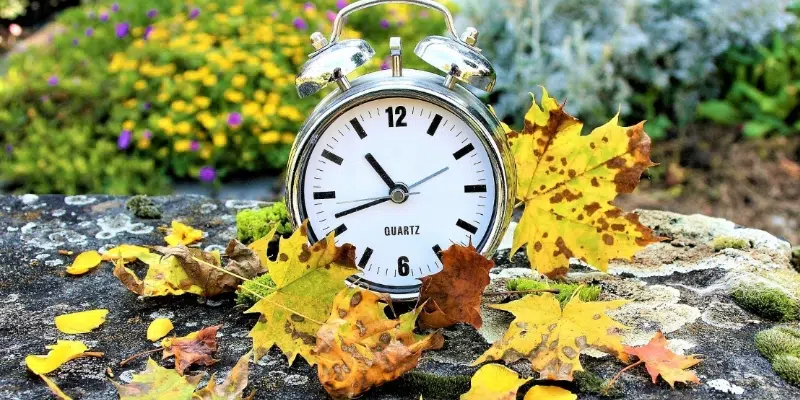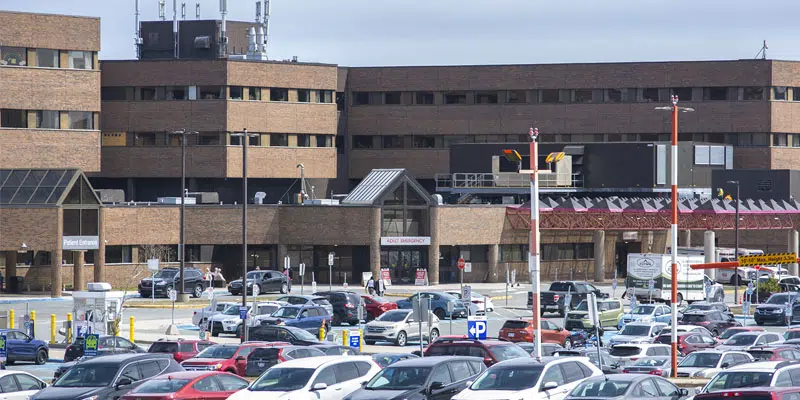The clocks “fall back” this weekend, and while many people dread the loss of that extra hour of daylight in the evening, a clinical psychologist says the switch to standard time is actually better for the human body.
The time change officially takes effect as of 2 a.m. Sunday morning.
Dr. Sheila Garland, director of the sleep, health and wellness lab at Memorial University, says there is a “large movement” across North America to get rid of the change, and set the time permanently to standard time.
Garland says that’s the time that is most aligned with the body’s circadian clock, or the sleep/wake cycle.

(Dr. Sheila Garland)
She says when clocks go ahead by an hour in the spring, people experience more problems such as cardiovascular issues, and more workplace accidents.
While there can be a few days of grogginess and fatigue when the clocks fall back, Garland says overall there’s less impact than when the hour is gained back in the spring.
“People get it wrong when they talk about the one-time change. They’re always moving to the daylight saving time because they’re thinking we want more daylight,” she said. “But that actually compounds our 24-hour society and isn’t consistent with the way that our bodies work.
“Our bodies function much more efficiently when we have daylight in the morning, so that’s why this shift back to standard time, you see the brighter daylight in the morning which helps with alertness and energy levels.”
Meanwhile, officials are reminding people to take the opportunity to change the batteries in smoke alarms and carbon monoxide detectors.
It’s also recommended that houses and cabins with a wood, oil or propane fuel-fired appliance have a carbon monoxide detector installed on each level of the structure.
























